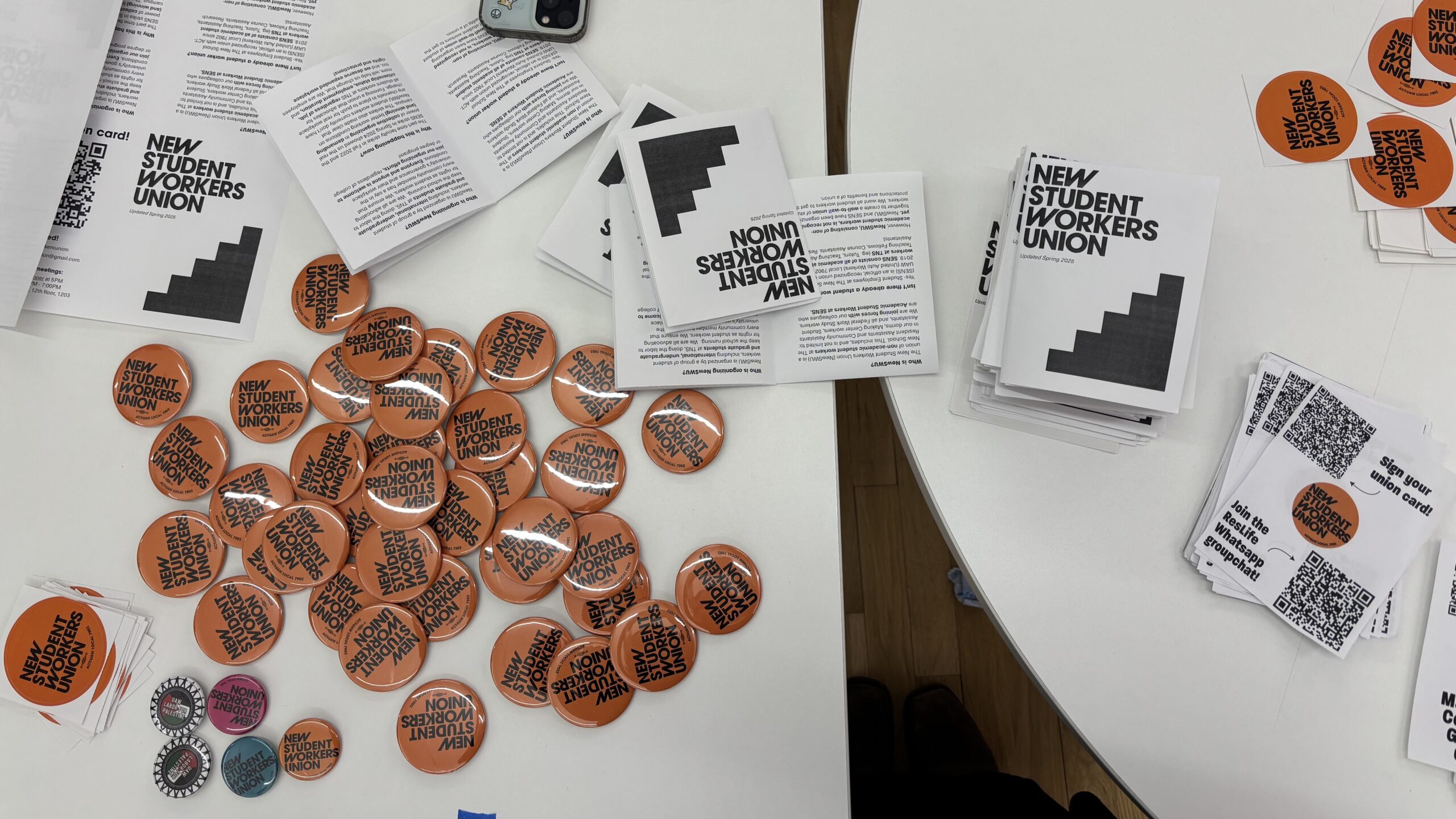Dear Lucy,
I love to gossip, but I want to know how to gossip in a respectful way…
From,
Itching to Dish
Dear Itching to Dish,
There are certain times when our intuition always prevails, and in my opinion, this is definitely one of them. When you’re being a gossip, rather than just gossiping or venting (we’ll make a clearer distinction later, don’t worry), you’ll usually know. If you have an inkling, a suspicion, some sort of icky feeling — listen to it.
Determining whether or not gossip is good or bad depends on a few factors, most of which boil down to context and intention.
Professor of psychology, Frank McAndrew, Ph.D., gives some great insight about the distinction. “What makes gossip good, bad or neutral is how we use the information, not the content of the news itself … Gossiping is a social skill,” McAndrew told NBC News.
It’s a social skill that helps us orient ourselves in our social environment and develop community-wide norms that keep people safe, organized, informed, and connected.
The etymology of the word might also be worth considering here. According to Oxford Academic, ‘Gossip’ comes from the Old English word ‘god-sibb,’ referring to a god-parent-like figure. Essentially the root word denotes a sense of familiarity, trust, and connection — that gossip is something you do with people who provide those things.
Here are three questions to ask yourself that might help you figure out which kind of gossip you’re engaging in:
- Is this the right place?
Gossip is absolutely a location-dependent activity. Sometimes it’s the wrong place, no matter how juicy the scoop is. If someone overhearing you could get hurt, misinterpret it, or even (worst case scenario) have an urge to relay what they heard back to the subject, you’re going to be in hot, hot water.
- Is this the right audience? Is there a valid (and this can be stretched a bit) reason for them to know?
Not every piece of information needs to be shared or is even applicable/relevant to every person. Why should the people you’re telling know this particular tea? Perhaps the subject is a mutual friend, in which case it’s totally relevant to them. Maybe you’re warning a fellow gal-pal about a seedy guy to look out for on a dating app; that’s a safety tip, and she should totally know. Maybe you just found something out that’s not directly related to the person you’re telling but it’s weighing heavily on you and you need an outlet. As long as you pick someone trustworthy to vent to, that’s valid.
- Are you sharing it for the right reasons?
There’s a difference between spreading rumors, talking shit, and gossiping.
Let’s take a look at an example:
Say you just found out that your good friend is failing a class, one that you and another mutual friend of this person happen to all be in together.
If you’re spreading rumors using this information, it might sound like: “So-and-so is fucking flunking out of _____ class. I heard it was because they’ve been partying so much and really sleeping around. No time for school work I guess,” which you say to an elevator full of other students from the class you share.
That would be totally rude, speculative, unnecessary, and make you look like a loose-lipped loudmouth to people you probably don’t even know all that well. Plus who knows whether or not they’ll spread it around, and you don’t want to have a hand in feeding the rumor-mill embellished hearsay about your friend just because you couldn’t wait until you reached the lobby. Not the right setting, context, crowd, or even information. Good gossip shouldn’t ever be completely baseless.
If you’re talking trash about your friend failing, it might sound like: “So-and-so is failing out of class. They barely ever do the projects and when they do, their work always sucks, to be honest. And I know someone else in a different class with them, and they said the same thing. I think the teacher hates them too. Plus they’re always late — it’s tacky.”
While it might seem valid to some people to say these things, it comes off as a compounded shit-list about someone who’s supposedly your friend. Harsh. Plus you never know how other people will interpret what you say. No one wants to be seen as the “mean girl” who can never keep secrets to themselves.
But if you’re gossiping about your friend’s academic difficulties, it might sound like: “So-and-so is failing out of our class. I wonder what’s going on? I heard they’ve not been doing too hot in some other classes. I’m gonna get a coffee with them this weekend and make sure they’re doing okay, sounds like they’re kind of going through it,” which again, you might say to a mutual friend or a group of them.
You don’t really know what’s going on with this hypothetical person, so the best course of action as a pal would be to use this info about their slipping grades as proper cause to check in on them and see what might be behind it. That’s you using gossip as a tool to inform and support your community members.
Notice how none of the above examples included something like, “This hot mess in my class is flunking. They’re so annoying and unengaged anyway, they sorta deserve it. Also their style is tragic and their voice is irritating and they’re terribly untalented and bad at [insert academic endeavor],” which you might say about an acquaintance/stranger either to someone you know or other acquaintances/strangers.
That would be because this is an example of just being unkind. Don’t go for the jugular. Don’t be judgy and ruthless and disrespectful just for fun. Don’t be the person everyone knows as “a gossip.”
And with that, Itching to Dish, I wish you happy gabbing!
Love,
Lucy








Leave a Reply